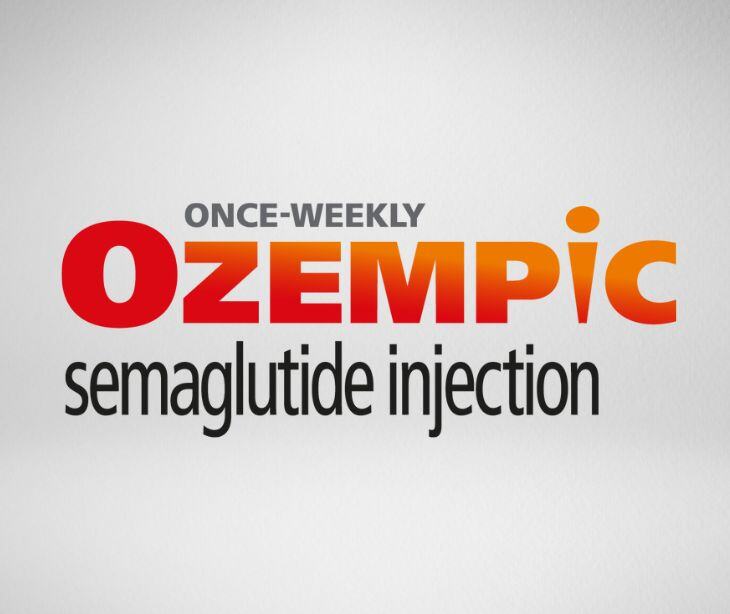2 min read
Is the use of loss aversion in healthcare emails ethical?
Kirsten Peremore
January 19, 2025

A 2022 study on the effect of loss aversion on marketing explains, “Loss aversion is a psychological phenomenon that reflects people's more extreme reactions to losses than to gains.”
Loss aversion is a psychological principle where people react more strongly to avoiding losses than to gaining equivalent rewards. This means that the pain of losing something is more impactful than the pleasure of acquiring something of the same value. In marketing, loss aversion is strategically employed to influence behavior by emphasizing what they stand to lose if they do not take a specific action.
For instance, a healthcare email might stress the consequences of not scheduling a routine check-up, such as the increased risk of undetected health issues. The purpose of using loss aversion in marketing is to create a sense of urgency, compelling people to act swiftly to avoid potential negative outcomes.
With the risks and losses associated with inaction, marketers aim to motivate consumers to make prompt decisions. This tactic is particularly effective because it leverages the natural human tendency to prioritize avoiding losses over seeking gains.
See also: Top 7 HIPAA compliant email marketing services
The ethical considerations of applying loss aversion in healthcare marketing emails
- Respecting patient autonomy: Patients have the right to make their own healthcare decisions. When we use loss aversion, we must avoid pressuring or manipulating them. Emails should provide balanced information, so patients can consider their options without feeling forced into a decision.
- Promoting patient well-being: Our main goal should be to improve patient health. Using loss aversion should encourage positive actions, like attending regular check-ups or taking prescribed medication, rather than just trying to increase engagement for profit.
- Avoiding harm: Healthcare messages should not cause undue stress or fear. When using loss aversion, we need to be careful not to create anxiety or panic. The focus should be on encouraging healthy behaviors without causing emotional distress.
- Ensuring fairness: All patients should be treated fairly. Emails using loss aversion should not disproportionately target or exploit vulnerable groups. Every patient should receive honest and clear information, enabling them to make informed choices.
- Maintaining trust: There should be trust between patients and healthcare providers. If patients feel manipulated by exaggerated claims or scare tactics, this trust can be damaged. Transparent communication that honestly presents risks and benefits helps in maintaining trust.
- Providing accurate information: Healthcare messages must be based on accurate, evidence-based information. Overstating potential risks to create urgency can mislead patients and lead to poor decisions. We must ensure that all information is truthful and helpful.
- Informed consent: Patients should have all the information they need to make informed decisions. HIPAA compliant emails should clearly explain why certain actions are recommended and what might happen if they don’t take those actions, without making them feel manipulated.
See also: Top HIPAA compliant email services
FAQs
What is healthcare marketing?
Healthcare marketing involves promoting healthcare services, treatments, and products to patients to improve their health and well-being.
What is the goal of using loss aversion in healthcare emails?
The goal is to motivate patients to take timely actions, such as attending appointments or adhering to treatments.
What should healthcare providers focus on to use loss aversion ethically?
They should focus on transparency, honesty, patient education, and providing balanced information that helps patients make informed choices.
Subscribe to Paubox Weekly
Every Friday we'll bring you the most important news from Paubox. Our aim is to make you smarter, faster.



